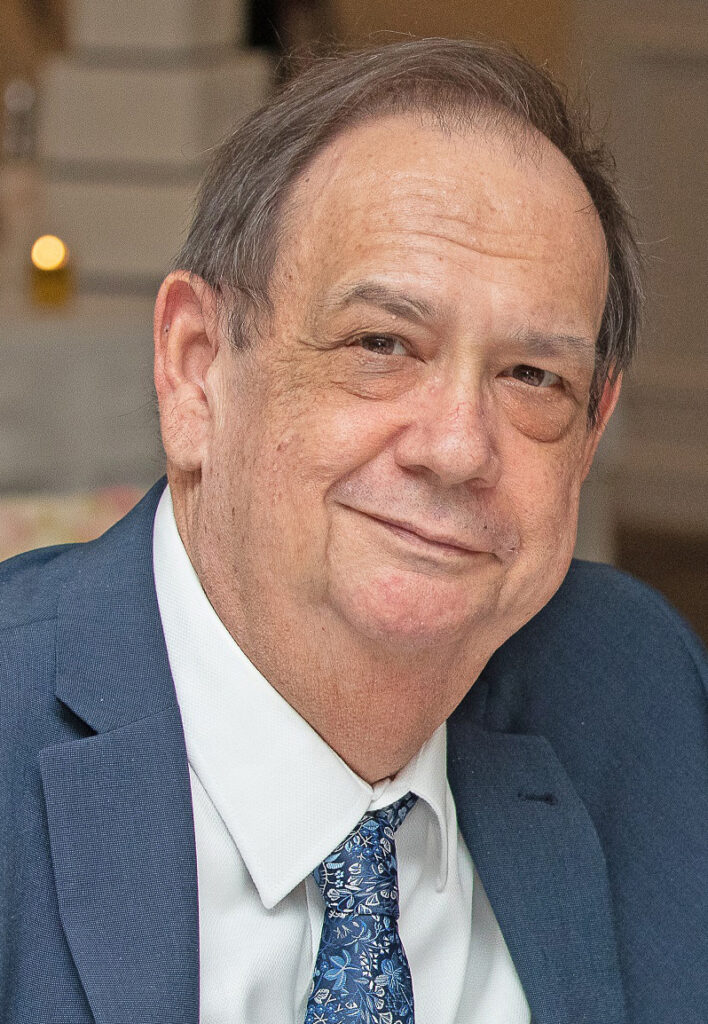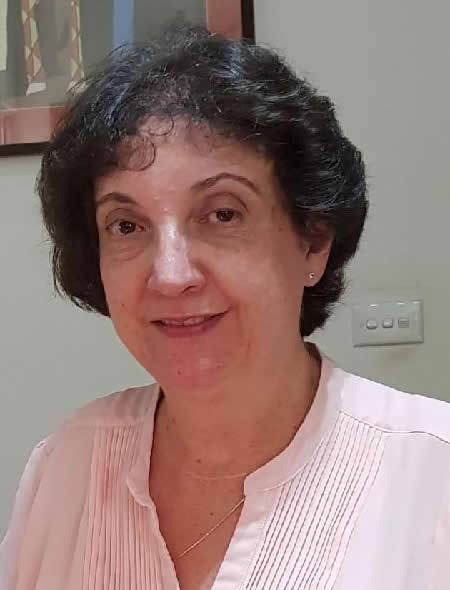
Academic and research consultancy services in the areas of:
Regional Arts and Culture
Social, Cultural and Multicultural Psychology
Principals: Stephen Torre BA PhD Qld & Nerina Caltabiano BA PhD JCU

Professor Stephen Torre taught Literary Studies and Creative Writing at James Cook University for 35 years. His research areas were in Australian Literature, the short story, Modernist and Avant-Garde literature and art, and writers and writing in the Tropics. He was the founding editor of etropic: electronic journal of studies in the tropics. He was executive director of the Foundation for Australian Literary Studies, the chair of the Foundation’s judging panel for the annual Colin Roderick Award, and is now a Life Governor of the Foundation. Stephen is the patron of Tropical Writers Inc, and was a member of the program advisory committee of the Cairns Tropical Writers Festival. Stephen is currently a member of he Queensland Writers Centre Management Committee, and the facilitator of its Writer’s Book Club.
See here for Stephen’s full CV.

Associate Professor Nerina Caltabiano is a social psychologist in the College of Healthcare Sciences at James Cook University. Her research interests incorporate multidisciplinary perspectives from pathology, health, developmental and educational psychology. She embraces both quantitative and qualitative methodologies in her research. She has supervised numerous theses at Honours, Masters, and PhD levels. Nerina has over 100 scholarly articles in highly ranked Australian and international academic journals. Currently, her focus has turned to understanding and preventing aggressive behaviours which undermine psychological wellbeing, including youth suicide, bullying and cyberbullying. Nerina has teaching responsibilities at both the Cairns and Singapore campuses of James Cook University, and is the Cairns Campus Fourth-Year Coordinator. She is a member of both the Australian and American Psychological Societies, and is a Fellow of the Australian Psychological Society.
See here for Nerina’s full CV.
Word Art: a blog on reading poetry and fiction
Dorothea Mackellar, “My Country”
Mark O’Connor , “The Beginning”
Writing and Resistance:
An Anthology of Ukrainian Poetry
By Prof STEPHEN TORRE BA (Hons) PhD Qld
In an article, “Can there be poetry after”, Ukrainian poet Anastasia Afanasieva wrote:
I ask
Half-awake
Is poetry possible
At the moment history stirs
Once its steps
Reverberate through every heart?
The poetry of the present invasion of Ukraine is being written now, but as this collection reveals, there is a compelling history of poetic resistance to the forces that have threatened the people and culture of Ukraine for centuries. In putting this collection together my intention has been to acknowledge solidarity with our fellow writers in Ukraine at this time of crisis and suffering. Furthermore, as writers and readers, we believe that poetry can move the hearts and minds of people towards an understanding of truth. That is why totalitarian regimes fear the intelligentsia and artists (and in particular the writers) who challenge their lies and power. The destruction of cities and cultures is but a prelude to the annihilation of free thinking, as seen in the purges of the Stalinist era, which continue today in the suppression inflicted on the Russian, and now the Ukrainian people, by Vladimir Putin.
As writers and readers we may feel impotence right now in respect of our capacity to directly help the suffering mothers and fathers and sons and daughters of Ukraine. But these are natural and even ennobling feelings which distinguish us as human beings from heartless monsters like Putin. In an article in Eureka Street, “The Sorrow of War” (08 March 2022) Andrew Hamilton wrote:
To open our imagination to the sorrow of war is the most decent response to the war in Ukraine by those who are distant from it. It evokes compassion for the soldiers on both sides who have lost their lives and limbs in battle, and with them the families who had hopes in them and grieve for them. It embraces the sorrow of Ukrainian people who have remained in the nation and have lost their lives and health and their homes and livelihood to rockets, shells and other weapons, of children exposed too early to horror and to anxiety about life, food and shelter, of farmers unable to tend their crops, of the millions of people made refugees and facing separation from their nation, their language, from their agency and from all that makes a nation a home.
So, if the poetry here evokes suffering in us, that is something to be welcomed as an empathic connection with the Ukrainian people in their time of anguish, and a heartening response to our feelings of impotence.
In disseminating this collection of poetry which speaks out against the brutal invasion of Ukraine we are ‘daring’ to do something, however indirect it may seem, to challenge the destructive power and lies of the Kremlin. In a recent article published in The Guardian Online, Professor Yuval Noah Harari, eminent historian at the Hebrew University of Jerusalem wrote:
The stories of Ukrainian bravery give resolve not only to the Ukrainians, but to the whole world. They give courage to the governments of European nations, to the US administration, and even to the oppressed citizens of Russia. If Ukrainians dare to stop a tank with their bare hands, the German government can dare to supply them with some anti-tank missiles, the US government can dare to cut Russia off Swift, and Russian citizens can dare to demonstrate their opposition to this senseless war. We can all be inspired to dare to do something, whether it is make a donation, welcome refugees, or help with the struggle online.
One of the poets in this collection, Ilya Kaminsky, wrote recently from his home in the United States about communications with friends and relatives in Ukraine about his current experiences. He wrote:
On the first day of March, over 800 people gathered for a Zoom poetry reading bringing together Ukrainian and American poets. It was one of the largest poetry readings I have witnessed. Why did so many turn to poetry in this time of crisis? While we read poems, the 40-mile Russian military convoy threatened north of Kyiv. The West watched as young civilians took up guns, sand bags, Molotov cocktails. “The West is watching us,” a friend writes. “This is their reality TV war, they are curious to see whether we will go on living, or die.”
Another friend, who remains in Odessa, tells me he just got back from the store: “People are grabbing any food they can find. I’m trying to do art. Read out loud. To distract myself. Try to read between the lines.”
I ask how I can help. Finally, an older friend, a lifelong journalist, writes back: “Putins come and go. If you want to help, send us some poems and essays. We are putting together a literary magazine.”
In the middle of war, he is asking for poems.
So, to the poems. This collection begins with “Resistance”, a poem just written by the English Poet Laureate, Simon Armitage. He comments:
The poem is a refracted version of what is coming at us in obscene images through the news. The poem repeats the words “it’s war again” several times, in reference to successive conflicts in recent history. There’s a weariness in the poem; here we go again.But the poem is also a form of resistance, I hope. There’s not a lot I can do, sitting here. But writing it down, taking ownership of the terrible images, feels a positive act.
Next we have the works of Ukrainian poets, arranged chronologically by birth date. Many of them speak directly to previous conflicts as well as to wider themes of social, cultural and spiritual importance. Together they give us a compact picture of Ukrainian identity and aspirations.
Lastly, I have included the full text of Anna Akhmatova’s most famous poem, “Requiem”. Why include a poem by a Russian about Russia? Because it shows all too clearly that what the Kremlin is doing to Ukraine now, they have done to their own people. It is frightening thought—having practised the techniques of persecution and extirpation of free thinking and truth on their own people there is no telling what they might inflict on others.
In the interests of resisting the war on truth, reality, and human dignity and freedom, I urge you to read the works collected here. Also, please pass this work on to your friends and networks—every heart that is moved to understanding will help to ensure that the history of what is happening will not be erased.
Writing and Resistance: An Anthology of Ukrainian Poetry